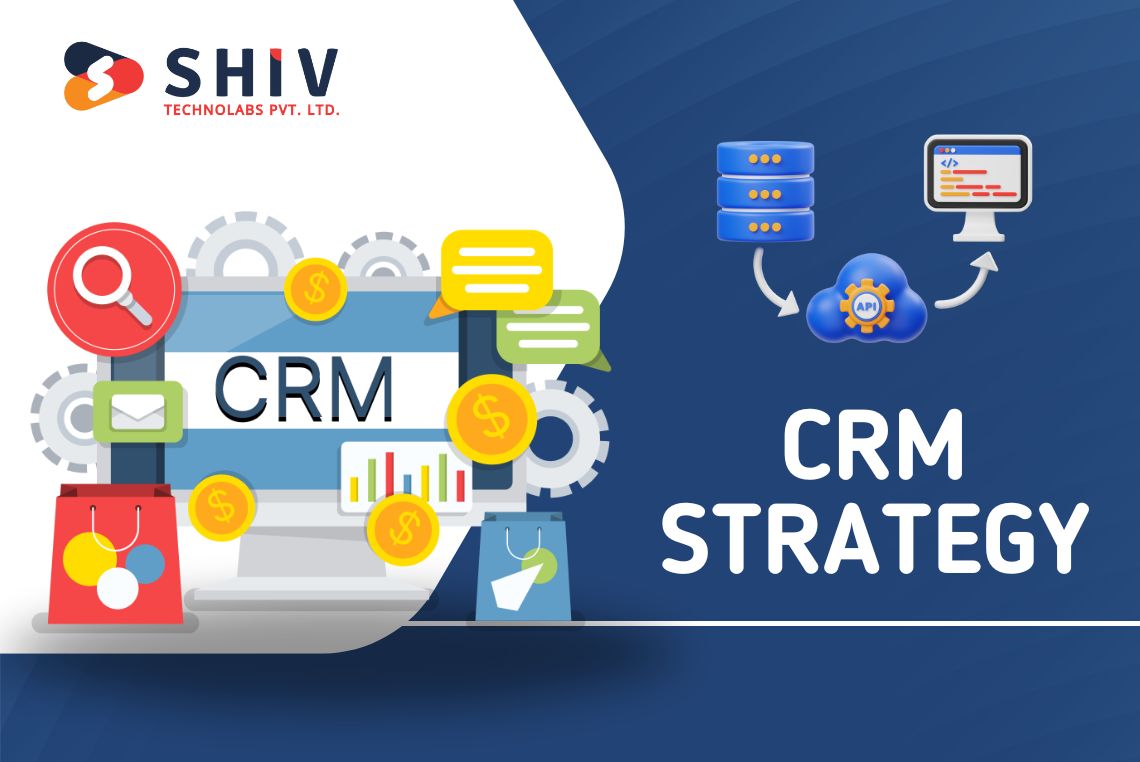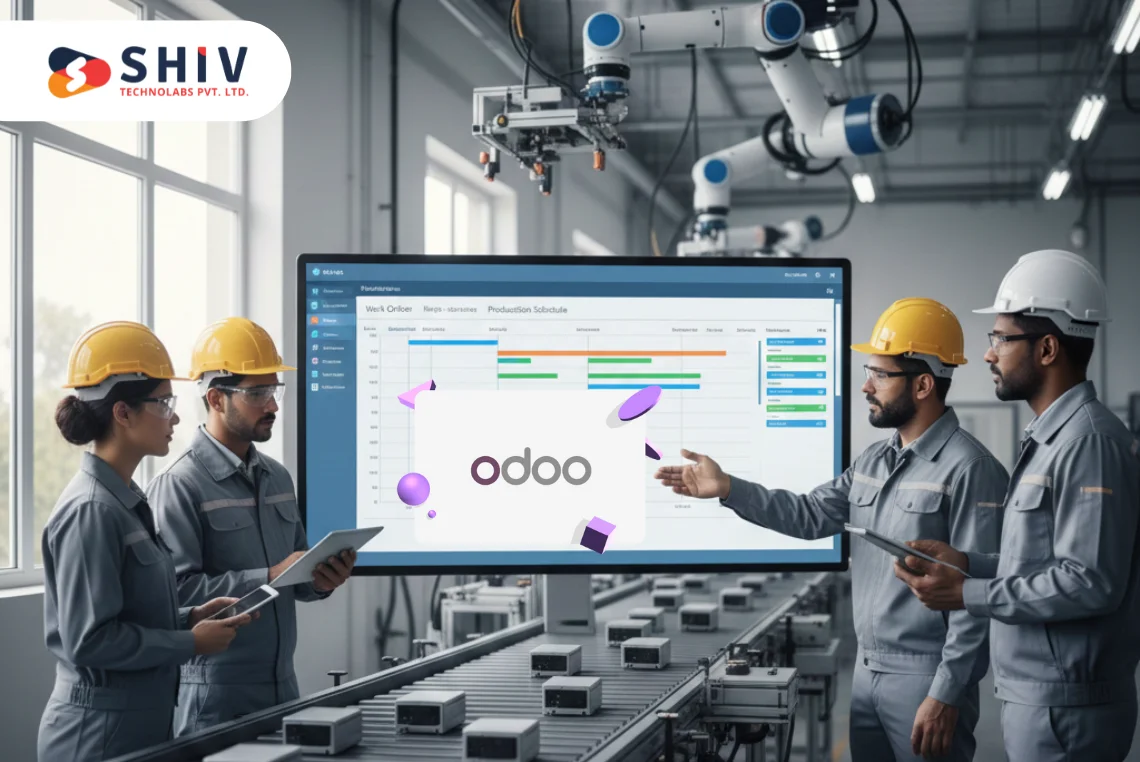Table of Contents
Building a successful Customer Relationship Management (CRM) strategy is crucial for businesses aiming to improve their interactions with customers, streamline processes, and increase overall profitability. A CRM strategy involves more than just selecting software; it includes aligning teams, improving customer engagement, and ensuring that your company’s goals are met through well-defined practices.
Building a Successful CRM Strategy in Singapore
To build a successful CRM strategy in Singapore, start by understanding your target audience through data-driven insights. Leverage CRM software to streamline communication and personalize customer interactions. Focus on customer satisfaction by addressing specific local preferences and cultural nuances. Utilize omnichannel engagement, including social media and messaging platforms like WhatsApp, to stay connected. Regularly analyze customer data to refine your approach and offer tailored solutions. Prioritize relationship-building, and ensure your CRM is scalable to accommodate business growth in the dynamic Singapore market. This approach will enhance customer loyalty and long-term business success.
In this guide, we’ll walk through the essential steps to build a powerful CRM strategy and the important considerations to keep in mind.
Understand Your Business Goals

The foundation of any successful CRM strategy lies in aligning it with your business objectives. Before diving into the specifics of CRM tools or methodologies, define the primary goals you aim to achieve. These may include improving customer retention, increasing sales efficiency, or enhancing customer service.
# Key questions to ask:
- What specific outcomes are you looking to achieve?
- How do customer relationships impact your business performance?
- What challenges are you currently facing in managing customer relationships?
Setting clear and measurable objectives will guide your entire CRM strategy, ensuring that it directly supports your business growth.
Identify Your Target Audience
A solid CRM strategy begins with a clear understanding of your customers. Knowing who your target audience is and segmenting them effectively will allow you to tailor your communication and service delivery.
# Ways to define and segment your audience:
- Demographic analysis: Age, gender, income, and location data help to create a well-rounded customer profile.
- Behavioral insights: Understand how your customers interact with your business, including purchase patterns, customer service history, and engagement levels.
- Customer journey mapping: Chart out the typical journey of a customer, from awareness through to purchase and post-purchase service.
Segmenting customers based on their needs and behaviors enables personalized communication, improving customer satisfaction and loyalty.
Also Read:- Choosing the Best CRM for Small Businesses
Choose the Right CRM Platform

The CRM platform you choose is a critical component of your strategy. The right software will help you automate processes, analyze customer data, and facilitate communication across your organization. However, not all CRM systems are created equal, and choosing one that matches your company’s specific needs is key.
# Considerations when selecting a CRM system
- Scalability: Ensure the platform can grow with your business as customer numbers increase.
- Integration: The platform should seamlessly integrate with your existing tools such as email marketing, social media, and customer support software.
- Ease of use: User adoption is critical, so make sure the system is intuitive and easy to train staff on.
- Reporting and analytics: A CRM that offers robust reporting features will help you track performance and make data-driven decisions.
Selecting a system that supports your business processes is essential for CRM success.
Train Your Team
Implementing a CRM system is only effective if your team understands how to use it to its full potential. Providing adequate training and ensuring that every team member understands the value of the CRM system will drive adoption and make the most of your investment.
# Steps to effectively train your team
- Customized training sessions: Tailor the training to different departments like sales, marketing, and customer service, based on their specific use of the CRM.
- Ongoing learning: CRM tools evolve, and your team should stay updated on new features through regular training.
- Encourage cross-departmental collaboration: Everyone in your company should have a consistent view of customer data, and the CRM system is often a bridge between different departments.
A well-trained team can unlock the full potential of a CRM strategy, improving both customer experience and internal efficiency.
Personalize Customer Interactions
One of the main advantages of using a CRM system is the ability to create personalized experiences for your customers. By analyzing customer data, businesses can better understand individual preferences and behavior, which allows them to tailor interactions and communication.
Also Read:- Bespoke CRM Systems: Meeting the Unique Needs of US Businesses
# Key approaches for personalization
- Tailored email campaigns: Use customer data to send relevant offers and information based on individual interests.
- Personalized customer support: Equip customer service teams with a complete history of each customer’s interactions, ensuring faster and more relevant responses.
- Custom marketing campaigns: Based on past purchase data, you can create campaigns that align closely with customer needs and preferences.
Personalization builds stronger customer relationships, fostering loyalty and increasing the likelihood of repeat business.
Leverage Data for Decision Making
A CRM system allows you to collect and analyze large amounts of customer data, which should inform business decisions. Analyzing data on customer behaviors, preferences, and purchasing habits can help you identify patterns and trends that lead to better decisions.
# Data analysis techniques
- Customer satisfaction metrics: Use feedback and engagement metrics to assess the effectiveness of your customer service.
- Sales performance analysis: Evaluate sales conversion rates, customer acquisition costs, and average order values to track the success of marketing campaigns.
- Customer lifetime value (CLV): This metric helps you determine the long-term profitability of your customer relationships, allowing you to focus resources where they matter most.
By using data to inform decisions, you create a more agile and informed approach to customer management.
Also Read:- How to Use CRM for Purposes Other Than Sales?
Automate Where Possible
Automation is a powerful tool for improving CRM efficiency. From automating email follow-ups to streamlining customer service processes, automation helps reduce manual tasks and frees up your team to focus on building customer relationships.
# Areas where automation can help
- Sales follow-ups: Automatically send reminders to sales teams to follow up with leads based on predefined criteria.
- Marketing automation: Schedule personalized emails and campaigns to keep your brand top-of-mind for customers.
- Customer service workflows: Automatically route customer inquiries to the appropriate team member and send follow-up communications post-resolution.
Automation ensures that processes run smoothly without overwhelming your team, allowing them to focus on customer satisfaction.
Track and Adjust Performance
Your CRM strategy should be constantly evaluated and adjusted based on performance. By setting KPIs (key performance indicators) such as customer retention rates, response times, and conversion metrics, you can measure the effectiveness of your CRM initiatives.
# Steps to track performance
- Set clear metrics: Define what success looks like for each area of your CRM strategy, whether it’s lead generation, customer retention, or upsell opportunities.
- Review regularly: Hold regular reviews of your CRM data to identify areas for improvement or optimization.
- Adjust based on feedback: Use customer feedback to adjust strategies and refine processes, ensuring that the CRM continues to meet customer expectations.
A dynamic CRM strategy adapts to changing business needs and customer behaviors, ensuring long-term success.
Focus on Customer Retention
While acquiring new customers is important, retaining existing ones is more cost-effective and profitable in the long run. A successful CRM strategy should focus on customer retention by providing exceptional customer service and maintaining long-term relationships.
# Strategies for customer retention
- Loyalty programs: Reward loyal customers with exclusive offers, discounts, or early access to new products.
- Customer feedback loops: Actively gather feedback from your customers and use it to improve your services and product offerings.
- Regular engagement: Keep in touch with customers through newsletters, social media, and special offers to maintain top-of-mind awareness.
Customer retention reduces churn and increases profitability, making it a key element of any CRM strategy.
Continuously Innovate
Finally, a successful CRM strategy is never static. Customer preferences, technologies, and market conditions are constantly evolving, so your CRM strategy should be flexible enough to adapt.
To remain competitive in Singapore, regularly assess emerging trends in customer behavior, technology, and industry best practices. By staying ahead of changes, you can continuously improve your CRM processes and maintain a competitive edge in the dynamic Singapore market. This proactive approach will help you stay relevant and strengthen customer relationships, ensuring long-term success.
# Develop Your Custom CRM with Shiv Technolabs
In today’s competitive landscape, businesses need more than just a generic CRM solution—they need a system tailored to their unique processes, customer engagement strategies, and growth goals. At Shiv Technolabs, we specialize in developing fully customized CRM systems that align with your business needs, helping you manage customer relationships, streamline operations, and boost profitability.
Why Choose Shiv Technolabs for CRM Development?
At Shiv Technolabs, we understand that each business has its unique set of challenges and requirements. A one-size-fits-all approach to CRM doesn’t work for everyone. That’s why our team offers fully customized CRM development services tailored to the Singapore market, ensuring your business operates at peak efficiency and meets local demands.
# Key reasons to choose Shiv Technolabs include:
- Tailor-made CRM Solutions: We don’t believe in off-the-shelf solutions. Our team works closely with you to understand your business processes and designs a CRM that caters to your exact needs.
- Expert Development Team: Our experienced developers are skilled in building robust CRM platforms that integrate seamlessly with your existing software and tools, ensuring a smooth transition and improved functionality.
- Scalability: Whether you are a small startup or an enterprise, our CRM systems are designed to grow with your business. You can easily add new features and capabilities as your company expands.
- Data Security: We prioritize the security of your customer data. Our CRM solutions are equipped with advanced security features to ensure that sensitive information is protected against unauthorized access.
Ready to Build Your CRM with Shiv Technolabs?
If you’re looking to build a custom CRM that improves customer satisfaction, boosts sales, and streamlines your business processes, Shiv Technolabs is here to help. With our expert team of developers, we will create a CRM solution that is fully tailored to your business requirements.
Conclusion
Building a successful CRM strategy requires more than just adopting a CRM tool; it involves aligning the entire organization around the goal of improving customer relationships. By understanding your business goals, selecting the right CRM platform, and continuously analyzing data, your business can create a strategy that strengthens customer relationships and drives long-term growth.
By focusing on personalization, automation, and constant innovation in Singapore, you ensure that your CRM strategy remains effective in meeting both current and future customer expectations, tailored to the unique demands of the local market. This approach helps businesses stay competitive and responsive in Singapore’s ever-evolving business landscape.




















